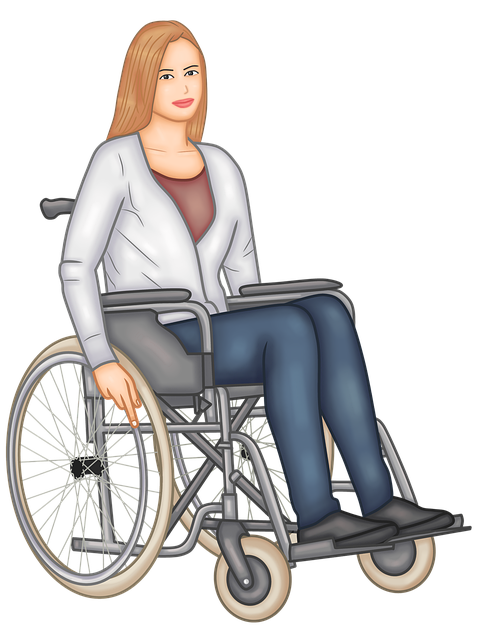Oregon's child welfare system relies on collaborative efforts among agencies to protect at-risk youth, but the process can be intricate. Legal aid serves as a crucial resource, offering free or low-cost services to ensure equal access to representation for individuals and families. Navigating legal support is vital, with eligibility based on income, family size, and case urgency. Organizations like Oregon Law Help and Oregon Children's Advocacy Project provide guidance, document gathering, and personalized support to help families effectively manage interactions within the child welfare system.
Oregon’s child welfare system provides critical support for vulnerable families, but understanding the legal landscape can be challenging. This article guides parents and guardians through the available navigating legal support in Oregon child welfare cases. We’ll explore the state’s legal aid availability, eligibility criteria, and practical steps to access assistance. Additionally, we’ll highlight valuable resources and organizations dedicated to helping families navigate this complex process, ensuring they receive the necessary legal support.
- Understanding Oregon's Child Welfare System and Legal Aid Availability
- Eligibility Criteria for Legal Support in Child Welfare Cases
- Navigating the Process: Steps to Access Legal Aid for Oregon Families
- Resources and Organizations Offering Legal Assistance in Oregon Child Welfare Cases
Understanding Oregon's Child Welfare System and Legal Aid Availability

Oregon’s child welfare system is designed to protect and nurture children who may be at risk or in need of stable homes. It involves various agencies working collaboratively to ensure the safety, health, and well-being of vulnerable youth. The process can be intricate and challenging for families involved, often requiring legal guidance to navigate complex regulations and procedures.
Legal aid is a vital resource for individuals and families navigating Oregon’s child welfare system. Various organizations offer free or low-cost legal services, ensuring that all parties have equal access to representation. These services cover a range of aspects, from explaining rights and obligations to assisting with court appearances and case management. Understanding one’s entitlements and the available support can significantly impact the outcome of a child welfare case.
Eligibility Criteria for Legal Support in Child Welfare Cases

Navigating legal support in child welfare cases can be a complex process, but understanding the eligibility criteria is essential for families involved. In Oregon, individuals seeking legal aid for child welfare matters must meet specific requirements to qualify for assistance. Typically, this includes demonstrating financial need and having a valid case related to a child’s welfare.
The state offers legal support through various programs designed to ensure that all parties have equal access to justice. Eligibility is based on factors such as income levels, family size, and the urgency of the case. Those who are indigent or facing significant financial hardships are more likely to be granted aid, ensuring they can effectively navigate the legal system and protect their rights during these challenging times.
Navigating the Process: Steps to Access Legal Aid for Oregon Families

Navigating the complex child welfare system can be overwhelming for any family in Oregon. However, accessing legal aid is a crucial step to ensure your rights are protected throughout this process. The first step is to identify the nature of your case and understand the available resources. Many non-profit organizations and legal clinics offer free or low-cost services specifically tailored to child welfare cases. These organizations can provide guidance on various aspects, from eligibility criteria for legal aid to explaining the steps involved in the case.
Once you’ve connected with a legal support provider, they will assist you in gathering necessary documents, evaluating your financial situation, and determining if you qualify for free legal representation. They’ll also help prepare you for meetings, court appearances, and interactions with child welfare workers, ensuring you’re well-informed and confident throughout the journey. Remember, each case is unique, so it’s essential to seek personalized support to effectively navigate the legal process.
Resources and Organizations Offering Legal Assistance in Oregon Child Welfare Cases

Navigating legal support in Oregon child welfare cases can be a complex task, but numerous resources and organizations are available to assist families involved in these proceedings. One such organization is the Oregon Law Help, which offers free and confidential legal advice to low-income Oregonians, including those facing child welfare issues. They provide a range of services, from answering general legal questions to representing clients in court.
Additionally, the Oregon Children’s Advocacy Project (OCAP) plays a vital role in supporting both children and families. OCAP provides legal advocacy, representation, and education to ensure that the rights of children and parents are protected throughout the child welfare process. Their team includes attorneys specializing in family law, offering a comprehensive approach to navigating the often-intimidating legal system.
